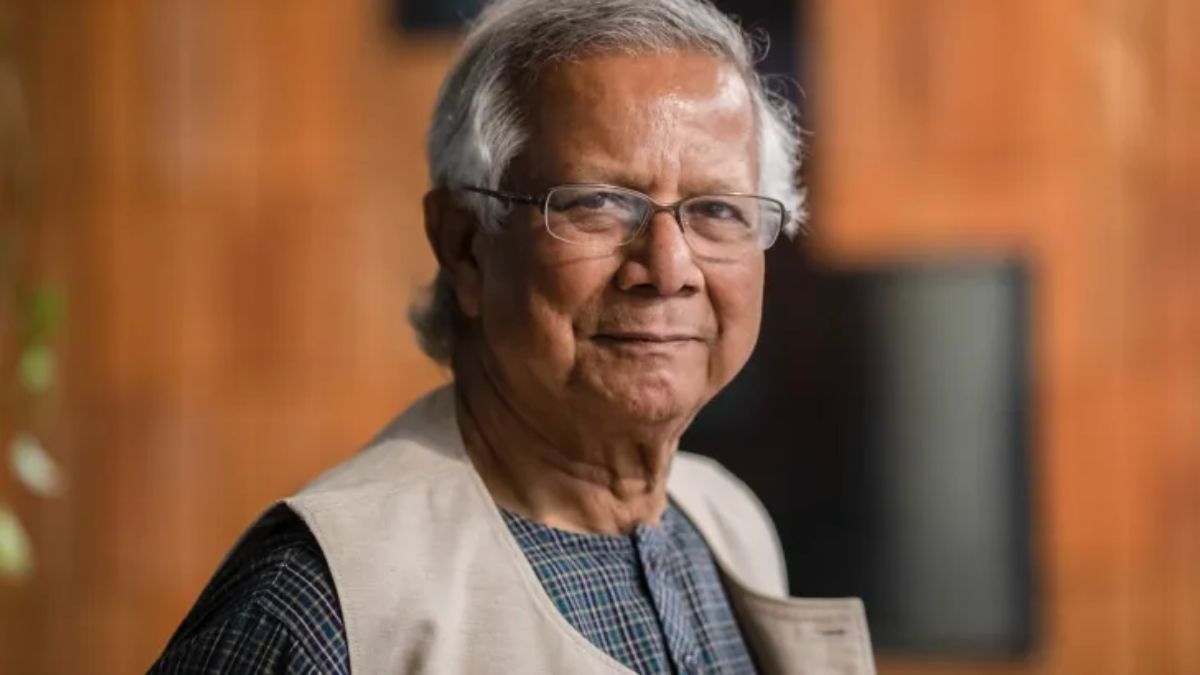Bangladesh’s army chief, General Waker-uz-Zaman, has pledged full support to the interim government led by Nobel laureate Muhammad Yunus, according to Reuters. Zaman made it clear that the military will stand by Yunus as the interim administration focuses on carrying out essential reforms to ensure free and fair elections in the country within the next 18 months.
Speaking to Reuters in a rare media interview, Zaman expressed his commitment to backing Yunus, saying, “I will stand beside him. Come what may.” His statement comes after the resignation of Prime Minister Sheikh Hasina, who fled to India following widespread protests against her government in August.
Military’s Role in Transition
The interim government, which took charge in August, has been tasked with carrying out reforms in the judiciary, police, and financial institutions, according to Reuters. Zaman, who became the army chief shortly before Hasina’s ouster, emphasized the need for patience, suggesting that the transition to democracy could take up to a year and a half. He underscored that the military’s goal is to rid itself of political influence.
According to Reuters, Zaman highlighted that his weekly meetings with Yunus have fostered strong cooperation between the army and the interim administration. “I’m sure that if we work together, there is no reason why we should fail,” he told Reuters.
Restoring Stability After Turmoil
The violent clashes that led to Hasina’s resignation resulted in over 1,000 deaths, marking one of the bloodiest periods in Bangladesh’s history, according to Reuters. While calm has returned to Dhaka, parts of the civil service remain dysfunctional, and the army has stepped in to assist in maintaining law and order nationwide.
Zaman also told Reuters that the army is investigating allegations of wrongdoing by its personnel during the unrest, and some soldiers have already been punished.
Long-Term Reforms for the Military
Zaman aims to distance the military from political involvement, suggesting that the interim government’s constitutional reforms could place the armed forces directly under the president, rather than the prime minister, according to Reuters. This reform, he believes, would help prevent the military from being used for political purposes.
Zaman concluded by reaffirming his stance on keeping the army professional, telling Reuters, “A soldier must not indulge in politics.”


